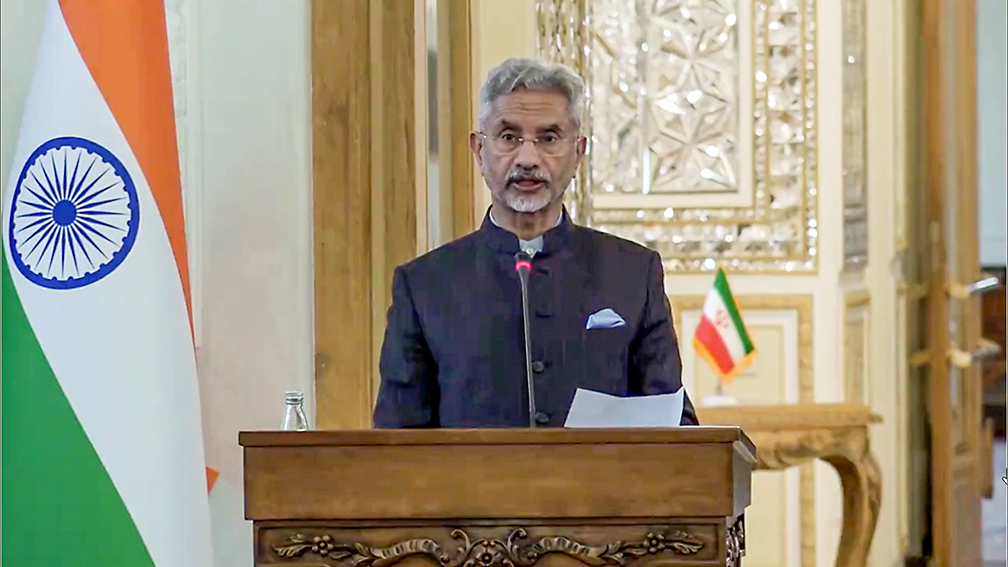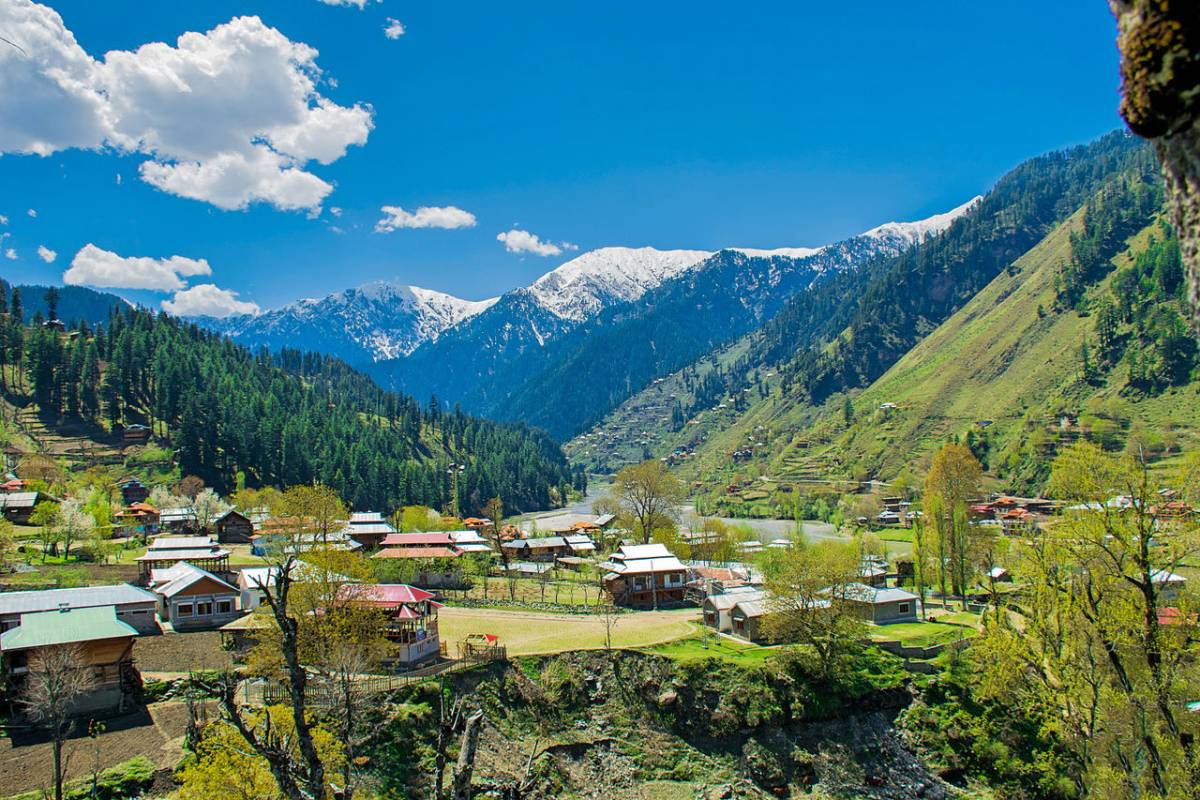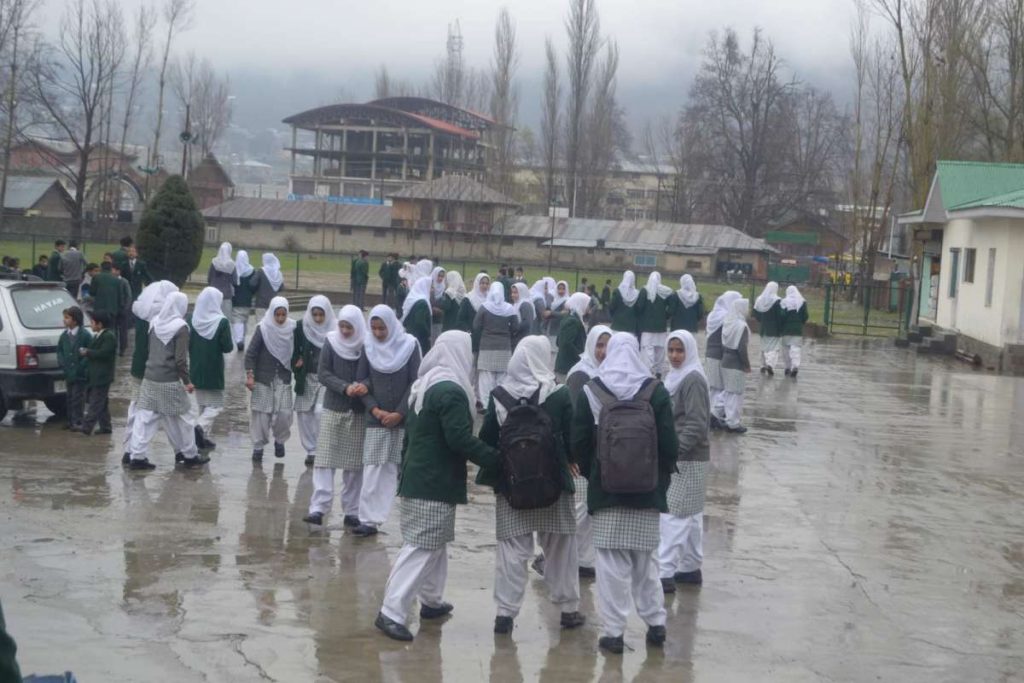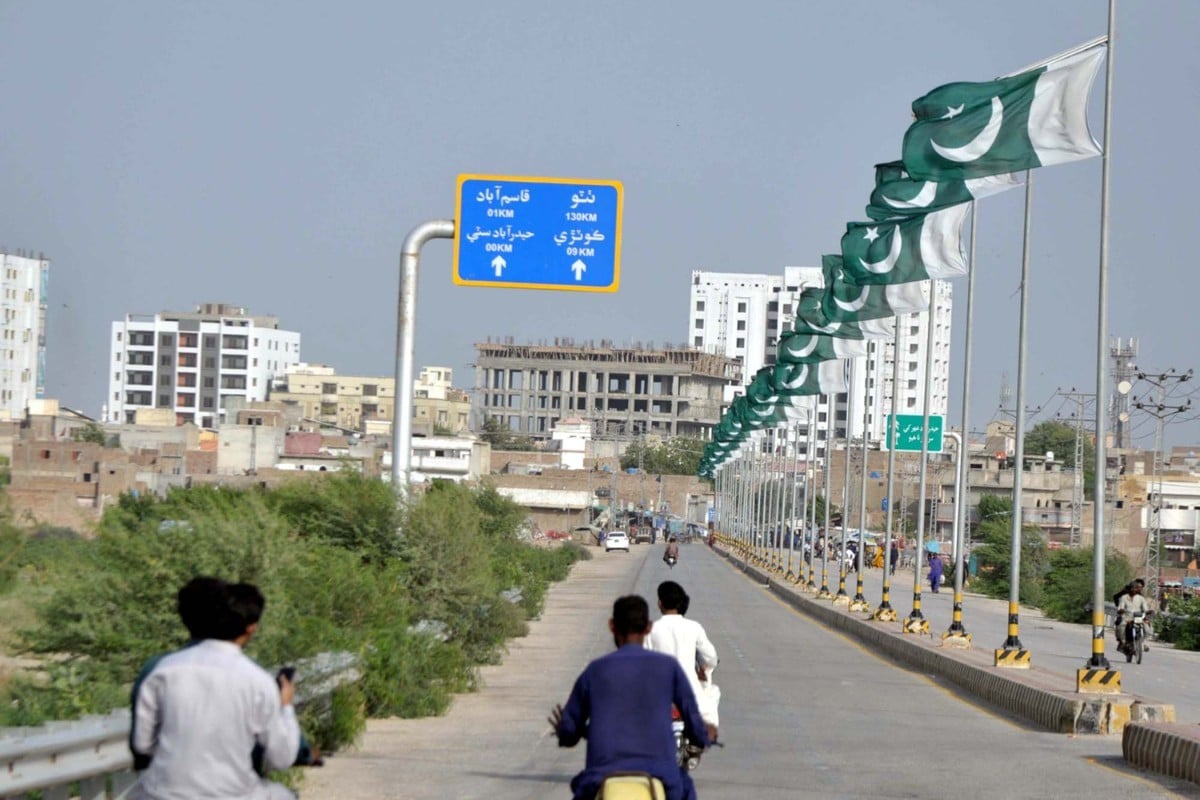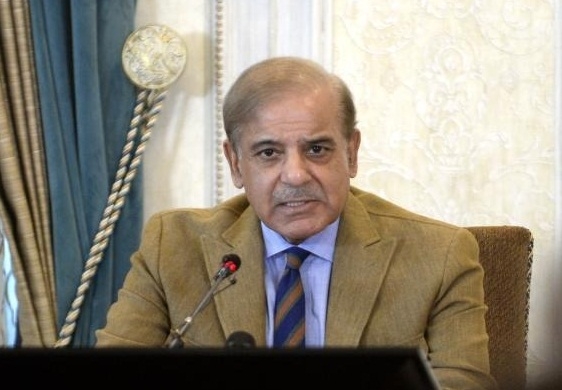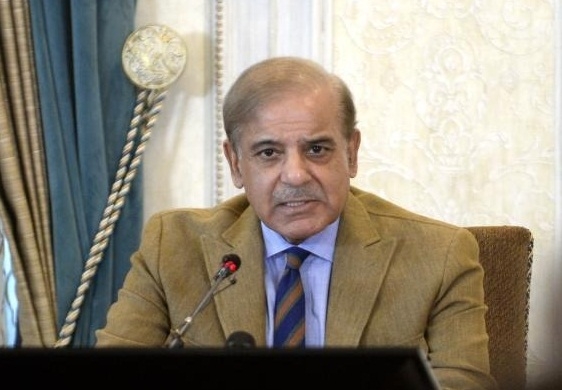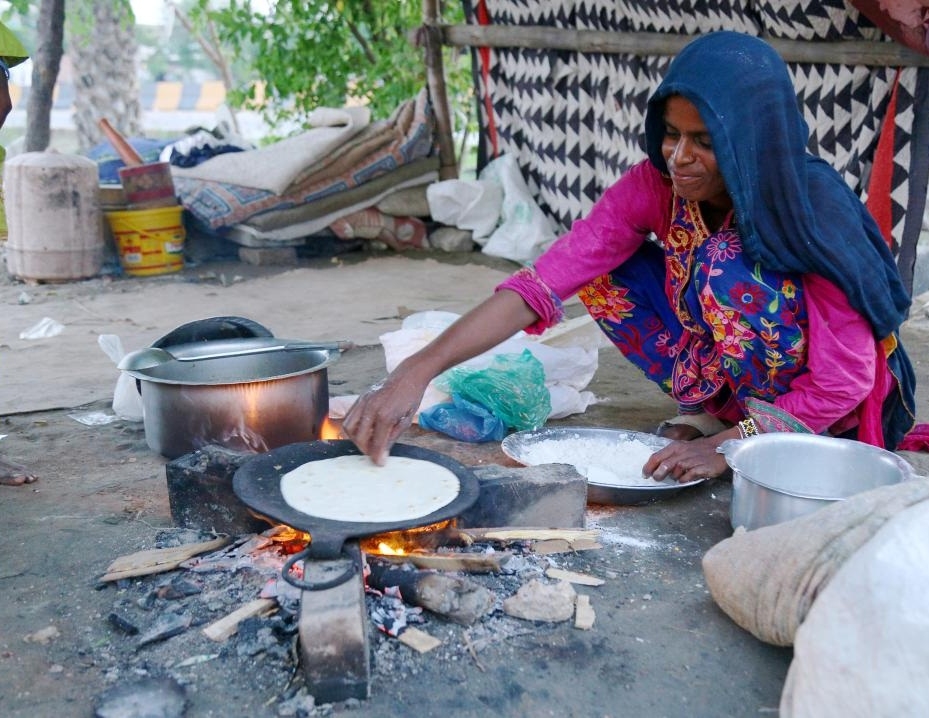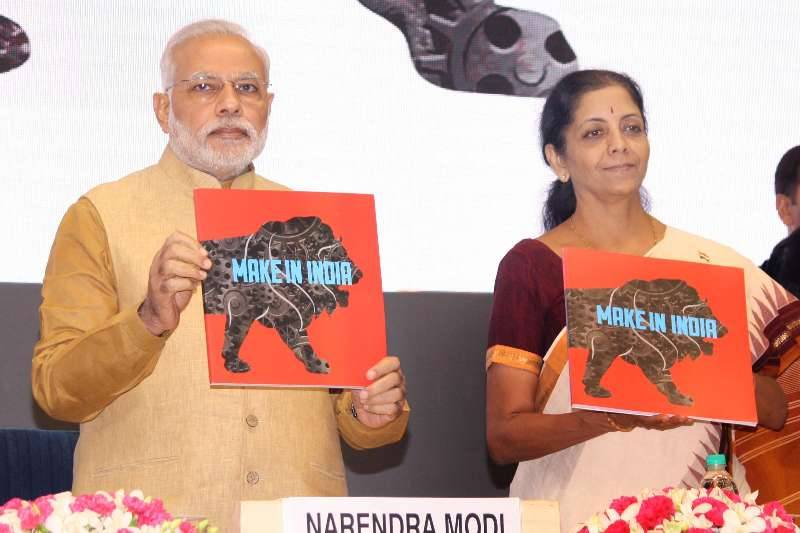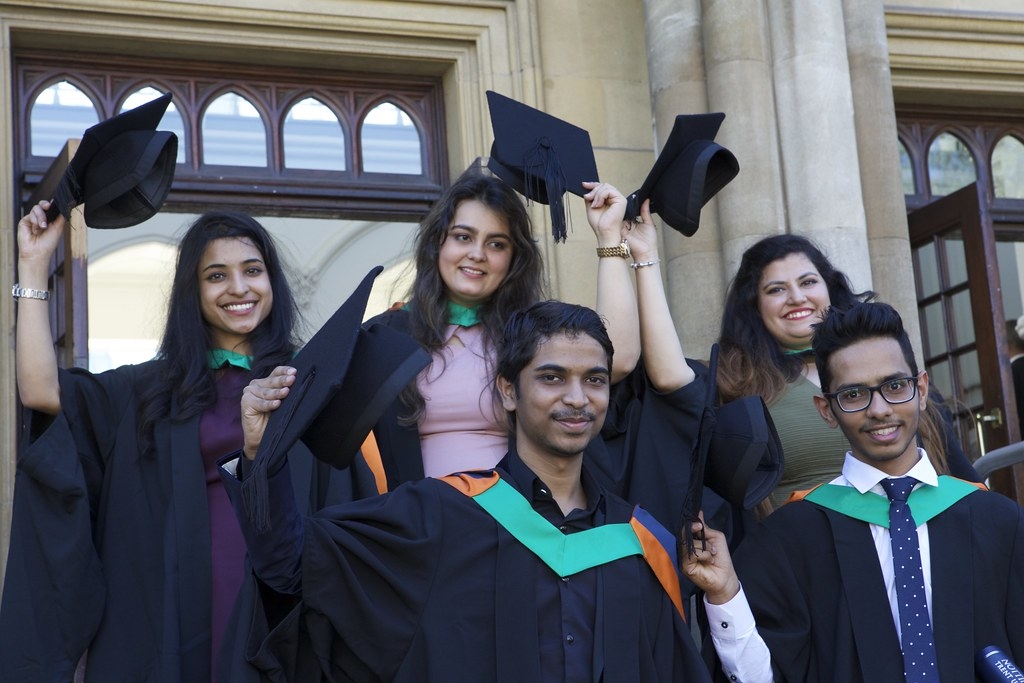The Jammu and Kashmir Students Association expressed their gratitude to External Affairs Minister Dr. S. Jaishankar and the Bishkek Embassy for their timely intervention in ensuring the safety of hundreds of Kashmiri students in Kyrgyzstan
The Jammu and Kashmir Students Association expressed their gratitude to External Affairs Minister Dr. S. Jaishankar and the Bishkek Embassy for their timely intervention in ensuring the safety of hundreds of Kashmiri students in Kyrgyzstan.
In a statement, National Convenor of the Association, Nasir Khuehami, said that the situation in Bishkek has stabilized following communication and response from the Embassy and the External Affairs Minister. He noted that Manas International Airport is accessible, and air connectivity to India is operational with direct flights available.
Khuehami stressed that a letter was issued to the Jammu and Kashmir Students Association by the External Affairs Ministry and Bishkek Embassy confirming that no Kashmiri student was harmed in the violence and assuring their safety. The current situation in Bishkek has been brought under control and has returned to normal. Embassy officials had also visited several universities to continue their interaction with the students and to address their concerns.
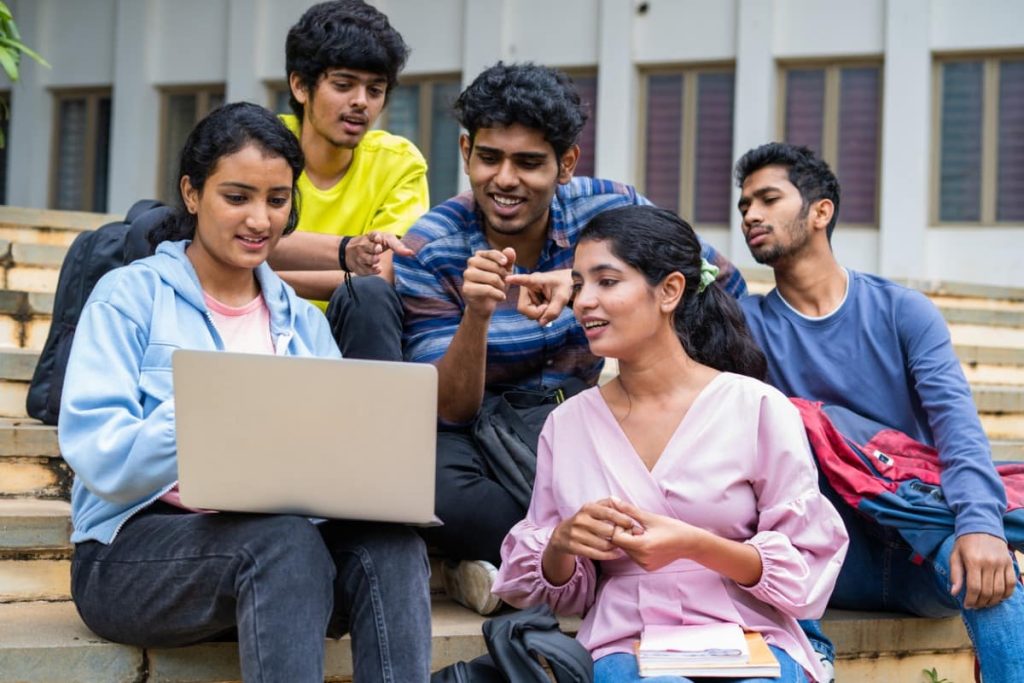
The Association had earlier requested the evacuation of Indian students due to mob attacks and violence in Bishkek. The Ministry of External Affairs informed the Association through a letter that there are no restrictions on the movement of transport or people. The Ministry also stated that Manas International Airport in Bishkek remains accessible to Indian students, with direct flights to India and connections through cities such as Almaty, Dubai, Istanbul, and Tashkent.
Students have been advised to plan their travel for vacation by commercial flights in consultation with their respective university administrations after completing their exams. The Ministry also informed the Association that students have already started returning to India using commercial flights.
Khuehami asserted that they had received communication from the Indian Embassy in Bishkek. The Ambassador’s office in Bishkek is regularly coordinating with them and has assured them of full support if any assistance is needed for Kashmiri students.
Khuehami expressed gratitude to the Ministry of External Affairs for its timely intervention and prompt response, which has provided immense relief to the students and their families back home. He thanked the Bishkek Embassy officials and the Ambassador for their regular coordination and for assuring full support if any assistance is needed.
He also said that the absence of restrictions on the movement of transport or people is reassuring for students planning their travel. Both parents and their wards studying in Bishkek and other cities in Kyrgyzstan are satisfied with the response and intervention, as well as the Embassy’s serious engagement with Kyrgyz authorities.
All students are safe and secure, bringing great relief to their families back at home. The intervention and proactive measures taken by the MEA and the Indian Embassy in Bishkek demonstrate the commitment of the Government of India to the welfare of its citizens abroad, Khuehami added.

